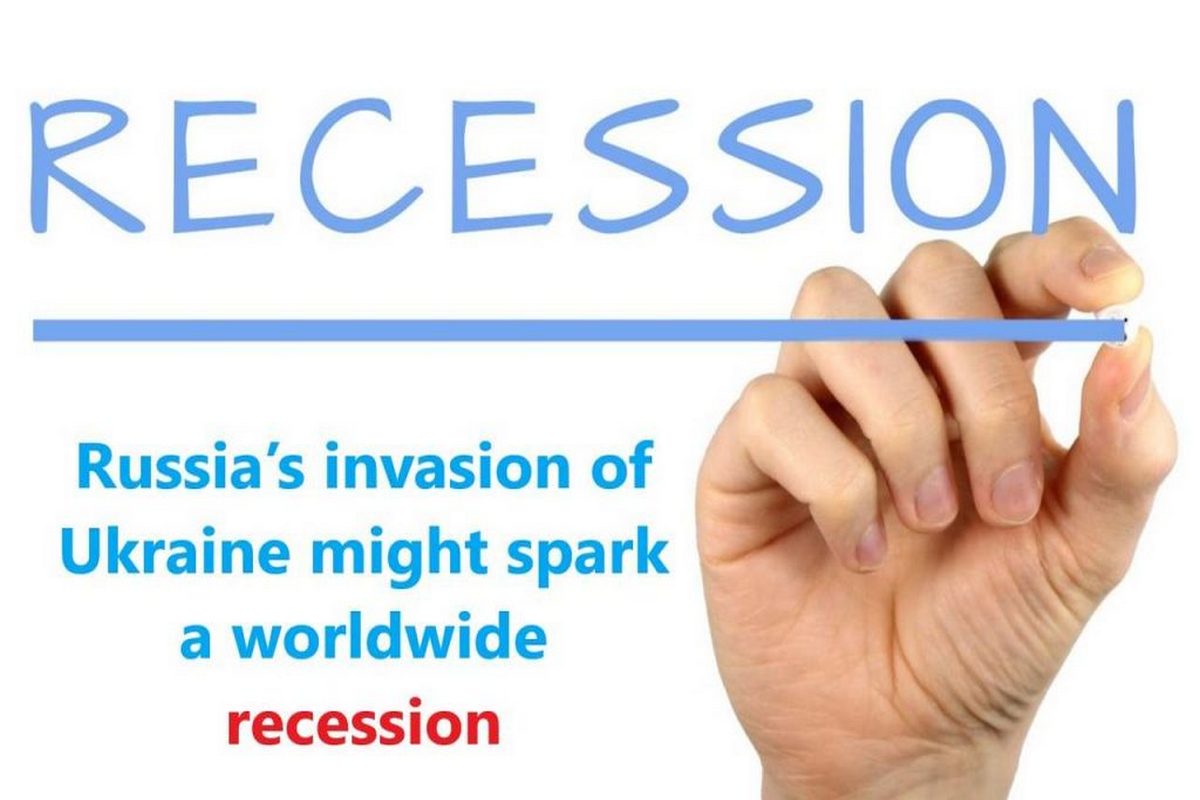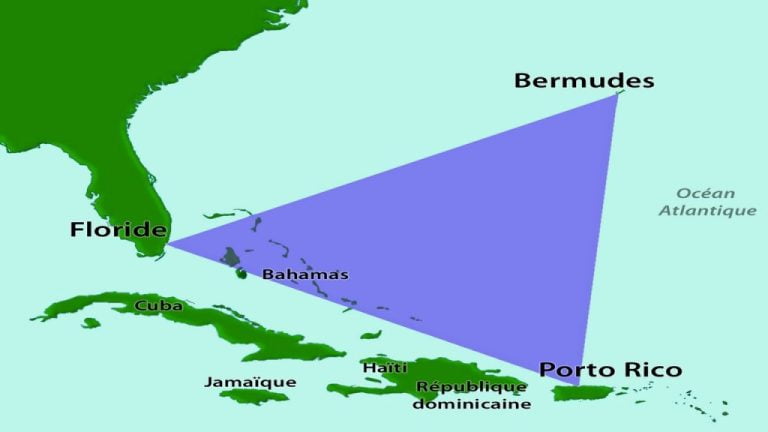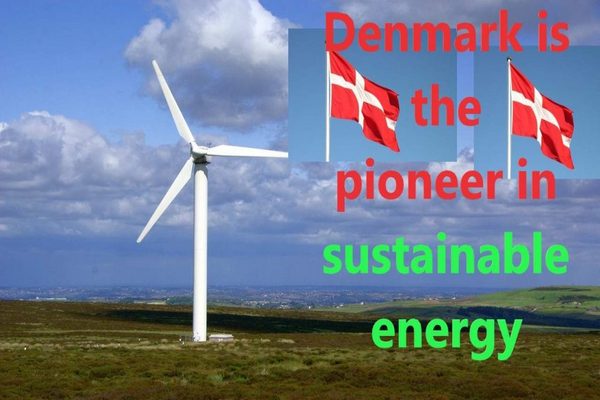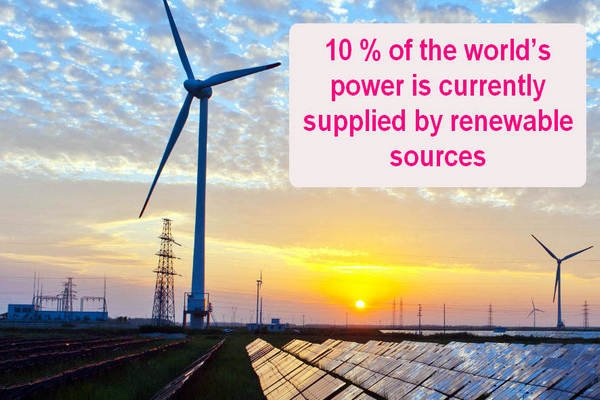Russia’s invasion of Ukraine might spark a worldwide recession
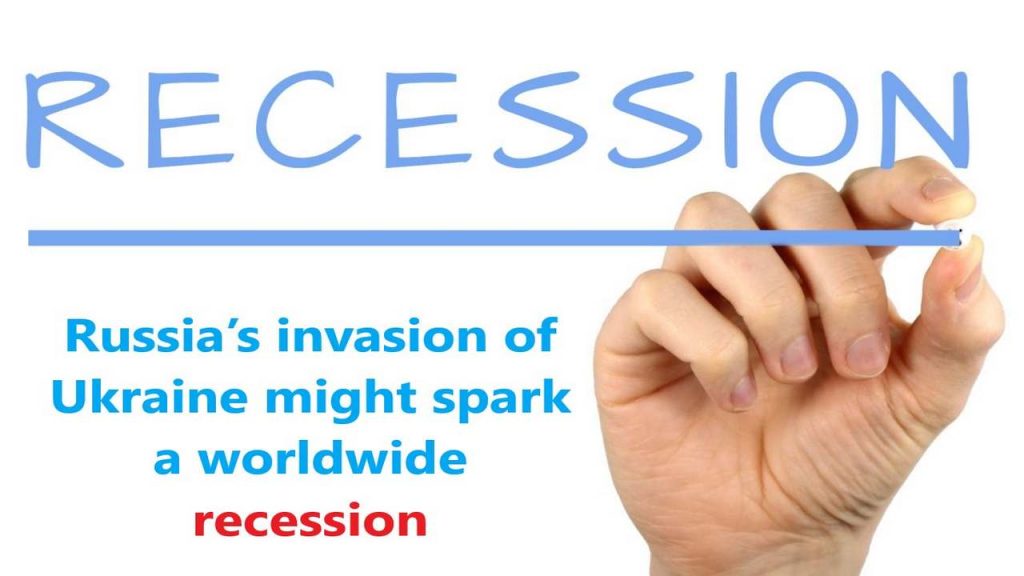
The head of the World Bank has issued a warning about the upcoming global recession.
US business gathering, David Malpass stated that it is difficult to “see how we escape a recession.”
The World Bank’s chief economist has warned that Russia’s invasion of Ukraine might trigger a worldwide recession if food, gasoline, and fertilizer prices rise.
He also stated that a string of coronavirus lockdowns in China is heightening fears about a slowdown.
His remarks are the latest warning about the growing possibility that the global economy may decline.
“As we look at world GDP… it’s difficult to see how we escape a recession right now,” Malpass added, without providing a specific prognosis.
“The mere doubling of energy prices is enough to cause a recession,” he warned.
The World Bank dropped its global economic growth prediction for this year by nearly a full percentage point last month, to 3.2 percent.
Gross Domestic Product, or GDP, is a measure of economic growth. It is one of the most significant indicators of how well or poorly an economy is operating, and it is regularly monitored by economists and central banks.
It assists firms in determining whether to expand and hire more people or to spend less and reduce existing workforces.
It is also used by governments to influence choices on anything from taxes to expenditures. It is a significant indicator for central banks when deciding whether to raise or cut interest rates, along with inflation.
Malpass also stated that several European countries remain overly reliant on Russia for oil and gas.
This is despite Western nations’ intentions to minimize their reliance on Russian energy.
He also stated at a virtual event hosted by the US Chamber of Commerce that Russia’s effort to reduce gas supply might create a “significant slowdown” in the area.
Higher energy prices, he claimed, were already dragging on Germany, the largest economy in Europe and the fourth largest in the world.
Fertilizer, food, and energy shortages are also affecting developing countries, according to Malpass.
“China was already experiencing some real estate shrinkage, therefore the prediction of China’s growth prior to Russia’s invasion had already weakened somewhat for 2022,” he stated.
Malpass also expressed alarm about lockdowns in several of China’s key cities, including Shanghai, the country’s financial, manufacturing, and shipping powerhouse, which he claims are “still having implications or slowing effects on the globe.”
“Then the Covid waves created lockdowns, which significantly impacted China’s growth forecasts,” he continued.
Also on Wednesday, China’s premier, Li Keqiang, stated that the world’s second-biggest economy has been impacted worse by the new wave of lockdowns than it was at the start of the epidemic in 2020.
He also urged officials to take further steps to reopen factories that had been shut down.
“Progress is insufficient,” Li added. “Some provinces indicate that barely 30% of enterprises have reopened… The ratio must be increased to 80% in a short period of time.”
In March and April, hundreds of Chinese cities were shut down completely or partially, including a lengthy closure in Shanghai.
The restrictions have resulted in a significant slowing of economic activity across the country.
Official numbers in recent weeks have revealed that significant sectors of the economy, from manufacturing to merchants, have been damaged.

